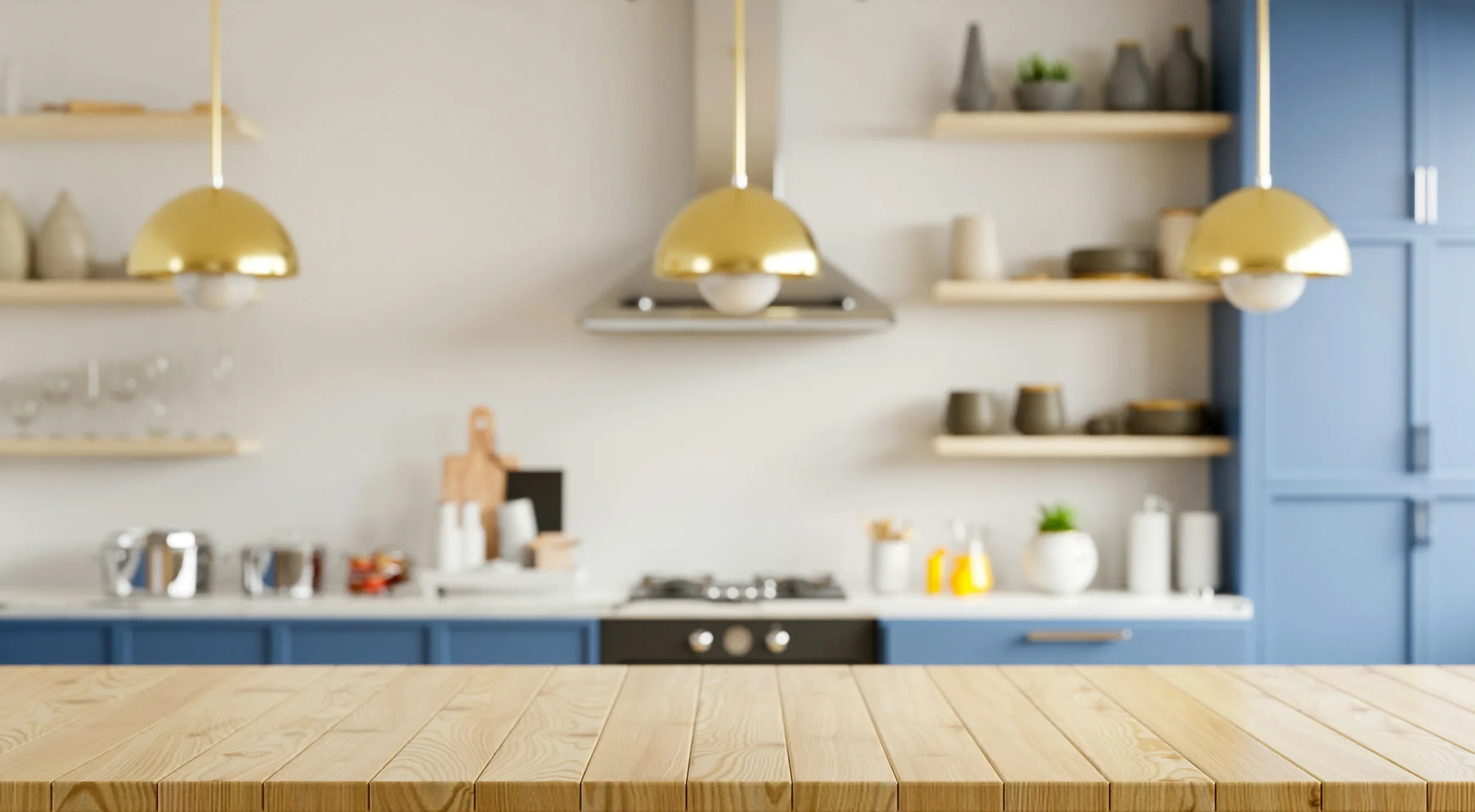Replacing Kitchen Benchtop Options: Cost, Style, and Durability
Explore kitchen benchtop replacement options with insights on cost, style, and durability to help you choose the perfect surface for a fresh, long-lasting upgrade.
A new benchtop can change the entire feel of your kitchen without a full renovation. Whether your goal is to modernise the look, fix wear and tear, or increase property value, there’s a surface to match your budget. From laminate to natural stone, today’s benchtop materials balance durability, cost, and design flexibility better than ever.
When Should You Replace a Kitchen Benchtop?
A benchtop shows its age through chips, burns, or stubborn stains. Water damage, swelling near joins, and dull finishes are signs it’s time for replacement. If you’re planning to upgrade your sink, cooktop, or cabinetry layout, it’s practical to change the benchtop at the same time.
Professional installers can assess structure and sealing. A level base ensures your new top fits perfectly and lasts longer.
Budget-Friendly Benchtop Materials
Affordable doesn’t mean low quality. Modern materials offer excellent finishes at a fraction of the price.
Laminate: Classic choice available in wood, stone, or concrete looks. Brands like Laminex and Formica provide durable, water-resistant surfaces that are easy to clean.
Vinyl wrap: The kitchen benchtop vinyl wrap option delivers a high-end finish without the high price. Premium architectural films replicate the look of natural stone, timber, or marble with impressive realism. These wraps are heat- and fire-resistant, moisture-proof, and easy to maintain—built to last even in busy kitchens. Because they can be applied directly over existing surfaces, they offer a budget-friendly and quick makeover that looks superior to paint or laminate touch-ups. It’s one of the smartest ways to refresh a kitchen benchtop fast, while keeping costs low and results professional.
Tiled benchtops: Low-cost and easy to install but require regular grout sealing.
These materials suit rental properties, budget builds, or DIY renovators wanting an immediate refresh.
Mid-Range Benchtop Choices
For those seeking style and resilience, mid-range options balance performance with price.
Solid timber: Warm and natural, timber adds character but needs sealing to resist moisture.
Composite stone: Engineered materials like Caesarstone, Silestone, and Smartstone combine quartz with resin for durability and design variety.
Bamboo: A sustainable, renewable alternative that looks modern and resists light scratches.
Expect to pay more upfront but gain longer life and a premium appearance.
Premium Benchtop Options for Long-Term Value
If the kitchen is your home’s centrepiece, premium materials deliver both beauty and endurance.
Granite: Each slab is unique, heat-resistant, and long-lasting.
Marble: Luxurious but requires sealing to prevent staining.
Porcelain and Dekton: Ultra-durable, scratch-resistant, and suitable for indoor-outdoor kitchens.
Concrete: Customisable, textured, and industrial in style.
These materials offer superior resale value and timeless appeal, though installation requires professionals experienced with heavy surfaces.
Professional Installation and Safety Tips
Accurate measuring and cutting are crucial for a perfect fit. Always hire qualified contractors or joiners for heavy benchtops, and involve an electrician or plumber when relocating outlets or sinks.
Ensure all joints are sealed properly to prevent water ingress. Ask for written warranties and aftercare instructions from your supplier.
Conclusion: Choosing the Right Benchtop for Your Kitchen
Selecting a benchtop comes down to lifestyle, maintenance comfort, and budget. Laminate and vinyl wraps are great for low-cost updates. Quartz and timber offer balance. Stone and porcelain deliver prestige and long life.
Compare samples in person to check colour and texture under natural light.
FAQs About Replacing Kitchen Benchtops
1. What is the cheapest way to replace a benchtop?
Laminate and vinyl wrap options are the most affordable, starting from around $150 per linear metre installed.
2. How long does installation take?
Most replacements take one to two days, depending on size and material.
3. Can I install a new benchtop myself?
Laminate and vinyl wraps can be DIY-friendly, but stone or timber tops need professional tools and experience.
4. What’s the most durable benchtop material?
Porcelain and engineered quartz are highly durable and resistant to heat, scratches, and stains.






























